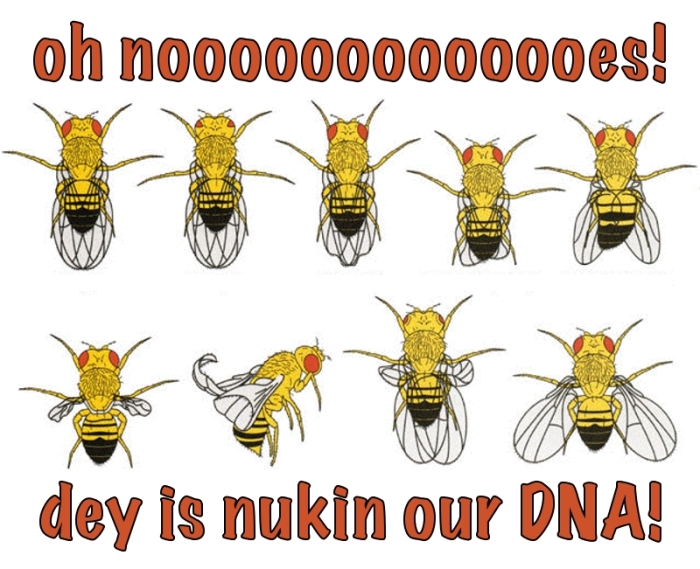A strange story appeared in the Cumberland Times-News today. Strange from two points of view.
The story was about a watering hole located about 27 miles from here, near the town of Romney, West Virginia. A day or two ago, someone diverted the water and put up a sign that said ‘stop, your (sic) on camera. Don’t touch water line’. Residents were outraged because the watering hole is, apparently, the only source of drinking water they have. Locals claim that when they turn on their ‘spigots’ (’taps’ in Australianese) the water smells like gas. Other residents use the water because they don’t have water plumbed to their homes, and their wells don’t yield water suitable for drinking.
The actions of the anonymous sign-poster were weird in themselves, but not so way out when you reckon in West Virginia’s ‘wild and wonderful’ reputation.
The strangest part for me, as an expatriate Australian, was that people here have undrinkable water piped to their homes. Water supply in Australia is universal and of good quality, whereas ratings of water quality vary so much in the US that you can look up the rating of water in your city online. Common contaminants are
- Lead, which enters drinking water supplies from the corrosion of pipes and plumbing fixtures and can cause brain damage in infants and children
- Pathogens that can make people sick, especially those with weakened immune systems, the frail elderly, and the very young
- By-products of chlorine treatment such as trihalomethanes and haloacetic acids, which may cause cancer and reproductive problems
- Arsenic, which may cause cancer, serious skin problems, birth defects and reproductive problems
- Radon, the rocket fuel perchlorate and other carcinogens or otherwise toxic chemicals
West Virginia is not only known as ‘wild and wonderful’ but also as an area almost free of government regulation. People who work and recreate in Cumberland deliberately choose to live in homes located across the bridge that links us to that state because they will have less regulations and taxes to contend with. This also, unfortunately, extends to lax regulations to protect purity of water.
In January 2014, a chemical spill occurred near the city of Charleston, West Virginia, about 225 miles from here. As a consequence, up to 300,000 residents were advised not to drink, cook with, bathe, or wash with West Virginia American Water. Residents could not use tap water for five days or longer, and some still avoid drinking the water. It was the third chemical accident that polluted local rivers in the last five years.
I love West Virginia – almost as much as Cumberland. But it is also a lesson in what happens if freedom from regulation is taken to its extremes.
